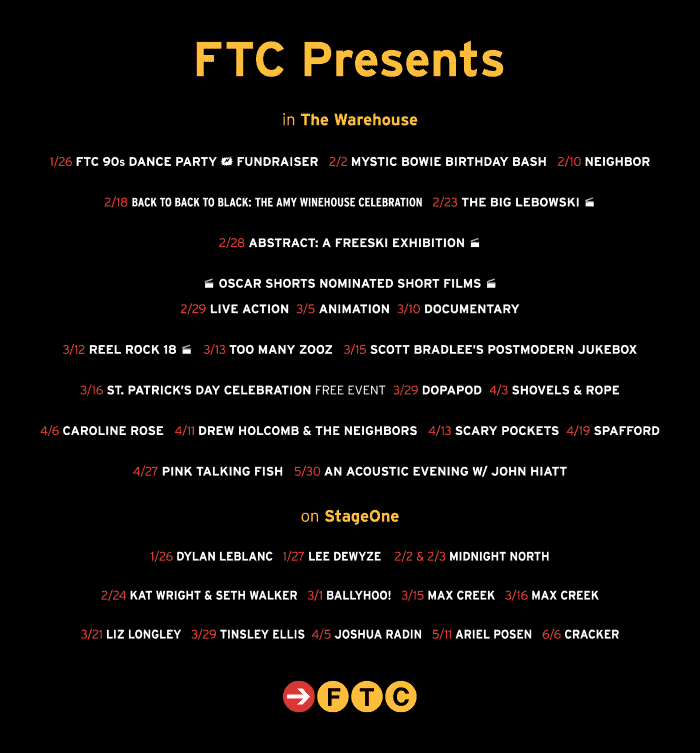Over the last few weeks, the coronavirus pandemic has swept its way across the nation, significantly altering day-to-day life and profoundly impacting businesses, both large and small. And as Americans across the country struggle to adjust to the “new normal,” businesses are also looking for ways to remain relevant in a world under orders to stay home.
In New York State, restaurants, bars and gyms were among the first businesses to feel the crunch due to coronavirus regulations, as a March 16 order by Gov. Andrew Cuomo, a Democrat,—in conjunction with the governors of New Jersey and Connecticut—limited eateries to take-out services and closed gyms and other gathering places in an attempt to mitigate the transmission of the virus.

Although restaurants have been quick to adapt their business models to comply with the order—and similar mandates in the rest of the country—the hospitality industry is preparing for major losses as a result of the pandemic. On March 18, the National Restaurant Alliance predicted that coronavirus shutdown would cost the industry up to $225 billion and 7 million jobs in short-term forecasts.
But restaurant owners and employees aren’t the only ones who have been effected by new regulations on gatherings. Garry Leavy, the owner of Let’s Go Trivia, a company that hosts weekly pub trivia contests in establishments across Westchester and Rockland counties, admitted that the shutdown has forced him to look for new ways to serve his clients.
According to Leavy, the March 16 announcement was an eye-opener, one that left him scrambling to find a way to continue to keep his business afloat while also promoting the 30 bars and restaurants that host his weekly trivia events. Over the past two weeks, he has experimented with a few online trivia models that allow customers to test their knowledge online, while utilizing take-out or delivery options from the restaurant where the weekly game is normally held, all in an effort to try and replicate the experience for his followers.
“When the ban was announced, I was just trying to find a way to keep the train rolling so I looked into a few platforms we could use, ” he said. “I wanted to find a way to connect it to the restaurants and bars we do the trivia in because they’re struggling to operate right now, and there’s just not enough work for a lot of these place to sustain their workforce.”
Much like the hospitality industry, the world of fitness is often characterized by in-person interaction. And like restaurant owners, those who operate gyms are also being forced to adopt online models to keep their companies running.
Robert Gorvetzian, the co-founder and owner of Crossfit POP on North Avenue in New Rochelle, said his gym has been running three online classes a day since the shutdown. And although his customers might not have access to much of the equipment they would ordinarily use, Gorvetzian and his fellow trainers have found ways to work around these new circumstances.
“As soon as the order was announced, [we] had people come in and we loaned out quite a bit of equipment just so they had something at home,” he said. “But most of our workouts can be done just using bodyweights, dumbbells or kettlebells; there’s a lot of things you can do in the gym, but you don’t necessarily need that for good fitness.”
Gorvetzian has also been using social media to provide his customers with healthy dietary tips as they remain sheltered in place.
“I have a background in nutrition, so I saw it as another way to help people,” he said. “A lot of people are stuck at home and maybe they aren’t used to cooking or preparing their own food.”
Both Leavy and Gorvetzian believe that their services help provide a sense of normalcy to a client-base that has largely been stuck in their homes for the last three weeks.
“Everyone comes to the gym for different reasons, whether it’s to lose weight or get out of the house,” Gorvetzian said. “So with everyone at home, they can at least look at doing a workout as one of the last parts of their normal routine they still have.”
“A lot of people look forward to trivia each week, you get a group of guys and gals who go out to their local place for food and drinks and all of a sudden, that routine is disrupted,” Leavy added. “So while the online stuff might not be exactly the same, it’s keeping that trivia community connected.”









